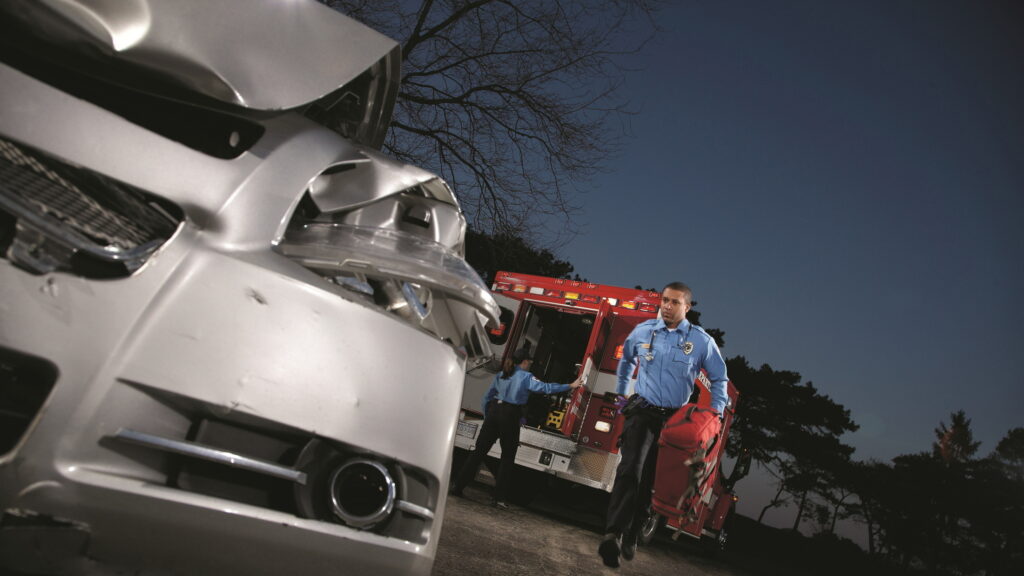- Around 13,500 people died in alcohol-related accidents on America’s roads in 2022.
- That’s 33 percent more than died in 2019, the last year before the pandemic restrictions reached the U.S.
- At the same time, DUI arrests fell to their lowest levels in decades.
The pandemic had big impacts all over the world and, in America, one of its most notable effects was making driving more dangerous. Deaths on U.S. roads rose to historic highs, and one of the factors promoting that tragic trend was drunk driving.
The National Highway Traffic Safety Administration released data on impaired driving from 2022, and revealed that around 13,500 people died in accidents in which alcohol was a factor. That’s roughly on par with 2021’s figures, and 33 percent higher than in 2019. The last time so many people lost their lives in collisions involving impairment was in 2006.
Read: US Traffic Deaths Still Too High Despite 2023 Decline
Meanwhile, data from the FBI shows that DUI arrests have been falling, reports the Wall Street Journal. In 2019, police made around a million arrests for impaired driving around the country. By 2020, the number was down to 780,000, and in 2022, police made 788,000 arrests.
These figures reverse a trend that started in the 1980s, when public education campaigns against drunk driving started to really take effect. In the early part of that decade, around 20,000 Americans died every year in accidents in which alcohol was a factor. By 2010, that number had halved thanks to education campaigns from organizations like Mothers Against Drunk Driving, rising enforcement, and other factors.
However, Jonathan Adkins, who runs the Governors Highway Safety Association, told WSJ that DUI arrests fell steadily in the 2010s, while deaths hovered at between 10,000 and 11,000. The pandemic led to increases in risky behavior, though, just as police departments were struggling with staffing issues.

Reports suggest that the numbers did improve in 2023 (official data for which is not yet available), but not by much. “It’s still a very urgent situation,” said Adkins, and it’s an issue that some politicians, like Republican Governor Mike DeWine, are taking up.
“Saving lives is an absolute top priority,” said DeWine. “I think it’s an enforcement issue. I think it’s an education issue. I think it’s also judges enforcing that law.”
As the pandemic shrinks in the rearview mirror, the staffing strain at police departments is easing. However, police violence has increased scrutiny on law enforcement, reducing support for traffic stops (among other activities) among the public.
Other solutions, such as built-in breathalyzers in vehicles, have also been proposed, but may take years to roll out, and could face resistance from drivers. Experts, such as Glenn Davis, who manages Colorado’s highway safety office, say that new public education campaigns, interlock systems for offenders, and other measures may help reduce the number of tragedies that occur on the road.
Although Davis admits that the figures are “creeping back the wrong way,” he said that, “We’re not just going to go, ‘Oh well, that’s the way it is.'”





